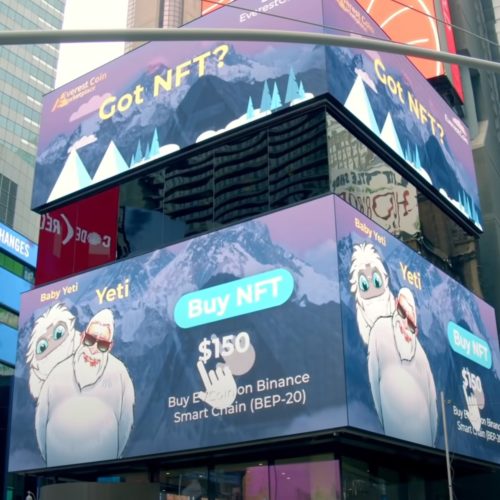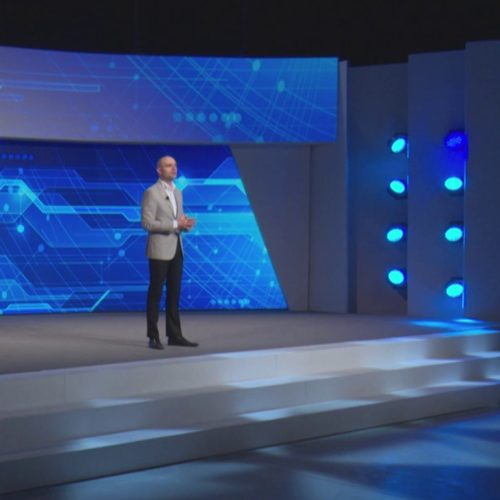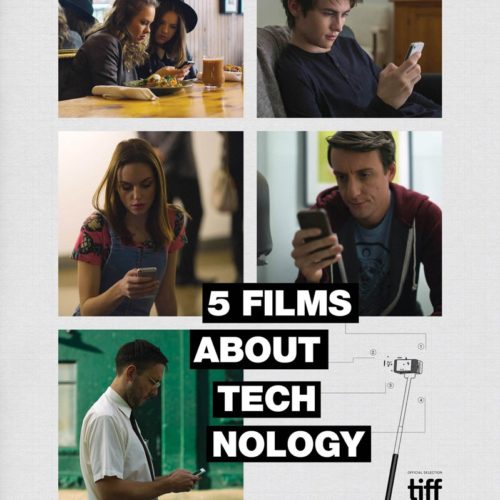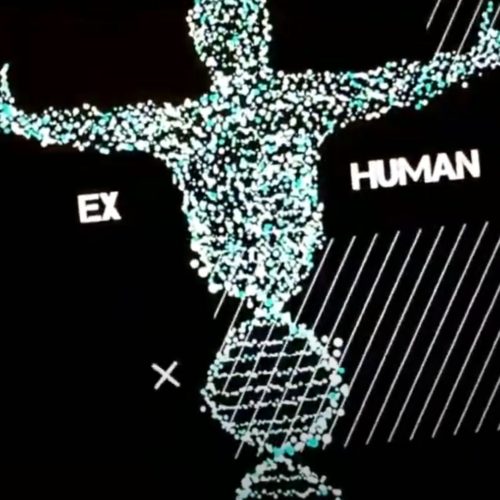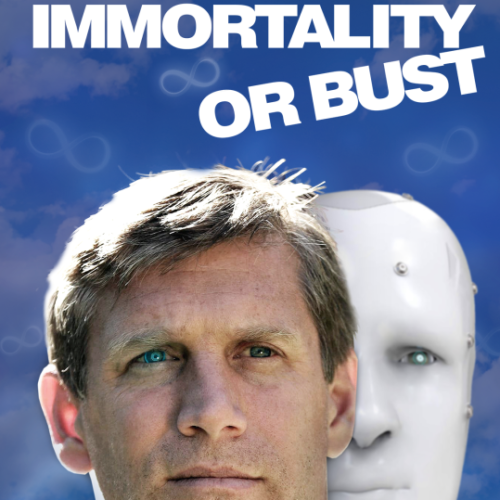Why I Am an Optimist
People sometimes ask me why am I such an optimist about the progress of technology in general and the technological singularity in particular?
Well, my reply is simple.
I choose to focus on the upside. I choose to be a deliberate, conscious optimist.
That is not to say that I suggest we ought to ignore the many dangers that lie certainly ahead of us. What it means is that, once I’ve done my best and the die is cast, the only thing that is left for me is to enjoy the ride, focus on the bright side of life and have a little sense of humor on the way.
Tony Robins says that, whether consciously or unconsciously, at any given moment in time we are always making the following decisions:
2. What does it mean for me?
3. How do I feel about it?
4. What am I going to do about it?
I choose to be very deliberate in those choices. Because not making a conscious choice is just but another kind of a choice – I believe, almost certainly, a very bad one.
So, I prefer to be a conscious optimist, rather than an unconscious pessimist.
I have chosen to:
1. Focus on the evolution of technology as exhibited by the exponential growth of development in computer science, artificial intelligence, genetics, robotics and nanotechnologies.
2. Find the positive meaning and unparalleled opportunities of the above, not only for me but also for all of us.
3. Feel great about the future – both mine and that of the rest of humanity.
4. Start and host Singularity Symposium and Singularity Weblog – to popularize, discuss and shape our future, without forgetting or denying the equally great risks and responsibilities we are collectively carrying on the way.
Sometimes people interrupt me and say:
But you are an atheist! How can you be a true optimist if you don’t believe in God! For only the Almighty can guarantee that in the end things will turn out for the best.
Well, would you allow me to be a pessimist about God? And, never-the-less, still insist I am an optimist?
Why do we need someone else (even God) to take responsibility for the outcome? Why can’t we embrace the fact that with our exponentially growing power comes an equally growing responsibility? Should we blame Santa if our kinds don’t like their presents?
I accept there is no guarantee that in the 21st century things will turn out for the best. Yet this realization does not make me into an immoral, evil or desperate nihilist. Just the opposite. It allows me to appreciate the time I spend here, the freedom I am presented with and the consequent gravity of my personal, and our collective decisions.
It is up to us create the outcome whatever it may turn out to be – heaven or hell, apocalypse or Utopia. It is up to us to make a choice and take deliberate action towards accomplishing our goals. And even if it is not up to us, I prefer to err and take action, rather than sit idly and observe from the sidelines of history.
No, I don’t need God’s existence or help – I know that I can be happy, prosperous and good without Him. Just like I can choose to be a miserable, evil, stupid and murderous killer of innocent people, all while shouting my particular version of God’s name.
It was not God who lifted us from the holes in the ground – we did. And it will not be his fault if we end up back there. It was our curiosity to explore and our intelligence to discover, channeled through the scientific method of inquiry, that did so.
Thus, I choose to be guided by philosophy rather than superstition.
I choose to ask uncomfortable, skeptical questions rather than accept easy, convenient answers.
I embrace the scientific method and adore the Symphony of Science because there is real poetry in the real world and science is the poetry of reality. The same spiritual fulfillment that people seek in religion, can be found everywhere in the universe.
***
Yes, in this century we are probably going to face the biggest challenges humanity has ever faced and we can approach that pivotal moment either as pessimists or optimists.
We could embrace Murphy’s law and claim that if things can go wrong (isn’t that always a possibility for anything worthwhile?!) then they surely will. Or we can choose to embrace Moore’s Law and say that things always get better, cheaper and faster, while we clearly have safer, more comfortable, longer and healthier lifes.
We can proclaim that the TechnoCalyps is coming. Or that the Singularity is Near.
We can say that God has made us mortal. Or realize that it is us who made Him immortal.
It was not God, it was Science that changed the world and in this century it will help us change it more than ever: to transcend biology, go Beyond Human, build Human v2.0 and maybe even live forever.
Indeed, soon we’ll have to make a decision: Onwards to Utopia or backwards to the Dark Ages.
I believe that we not only can but actually will have “A Better Future” ahead of us. (and “Better You” too.)
***
Let me finish off this personal manifesto with 2 great videos, that may help you visualize the mixture of science and sense of humor, at the corner-stone of my optimism.
The first video is from BBC Channel Four. In it, statistics guru and program host Hans Rosling takes us through the last 200 years of global progress as measured in terms of life span and income. I believe it makes a very powerful argument, both visually and otherwise, as to why we ought to be all optimists.
The second video is from Monthy Python‘s eternally funny and equally brilliant Life of Brian.
For me, sense of humor, rather than belief in God, comes rather handy when my very limited personal knowledge and logic fail to deliver enough optimism. I think that it can work for your too…
I see that humanity’s cup is already half full and we have the best chance ever to fill it up in this century.
That is why I choose to be an optimist!
And what about you?
Related articles
- A Transhumanist Manifesto (singularityblog.singularitysymposium.com)
- The Change Agent: Onwards to Utopia or backwards to the Dark Ages? (singularityblog.singularitysymposium.com)
- Hans Rosling Shows You 200 Years of Global Growth in 4 Minutes (video) (singularityhub.com)



